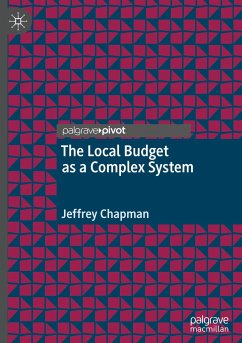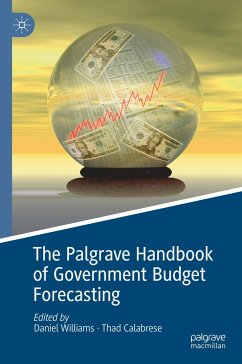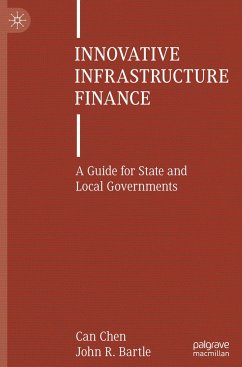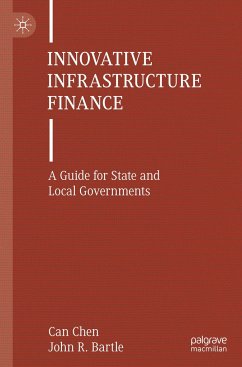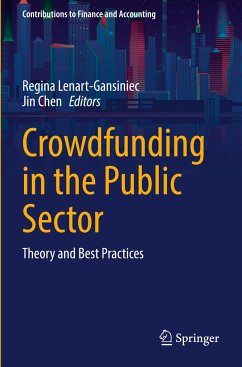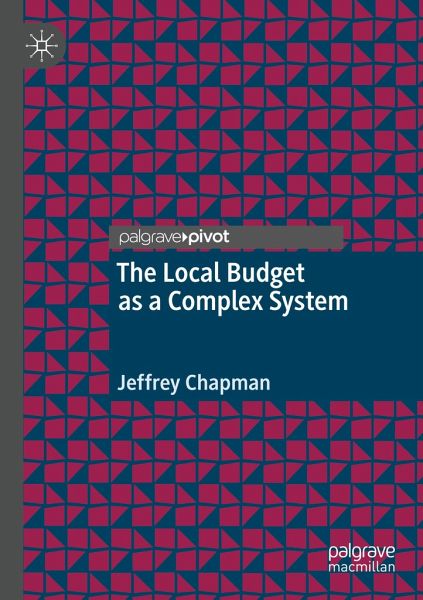
The Local Budget as a Complex System
Versandkostenfrei!
Versandfertig in 6-10 Tagen
38,99 €
inkl. MwSt.
Weitere Ausgaben:

PAYBACK Punkte
19 °P sammeln!
This book examines budgeting by analyzing the local government budget as a complex system, thus adding a new dimension to traditional budget textbooks. It is designed to complement existing texts-not replace-by putting the budget in a complex system, general equilibrium framework. A complex systems framework adds to conventional budget analysis in at least four ways: It looks at the budget as the result of many variables that are outside the finance department's purview; it understands that there are multiple interdependences among these variables; it suggests analysis of non-obvious relations...
This book examines budgeting by analyzing the local government budget as a complex system, thus adding a new dimension to traditional budget textbooks. It is designed to complement existing texts-not replace-by putting the budget in a complex system, general equilibrium framework. A complex systems framework adds to conventional budget analysis in at least four ways: It looks at the budget as the result of many variables that are outside the finance department's purview; it understands that there are multiple interdependences among these variables; it suggests analysis of non-obvious relationships among actions in the budget process in order to optimize results; and it argues that the actors in the process must understand that their budgetary behaviors have indirect and far-reaching implications that go beyond the budget document.
This book also uses concepts seldom discussed in the budgetary literature-that of governance, including concepts of the facilitative state,with adjustments for exogenous shocks; the forms of decision making; and the political climate of the jurisdiction. This framework notes methods of success of firms in the private sector that operate in environments of rapid technological change. While becoming a popular theoretical framework for how private sector firms change, dynamic capability analysis has received little attention in the public management field. This book utilizes DC since public sector organizations also face rapidly changing environments. Lastly, the book discusses the potential relationship between the local budget and local community welfare maximization.
This book also uses concepts seldom discussed in the budgetary literature-that of governance, including concepts of the facilitative state,with adjustments for exogenous shocks; the forms of decision making; and the political climate of the jurisdiction. This framework notes methods of success of firms in the private sector that operate in environments of rapid technological change. While becoming a popular theoretical framework for how private sector firms change, dynamic capability analysis has received little attention in the public management field. This book utilizes DC since public sector organizations also face rapidly changing environments. Lastly, the book discusses the potential relationship between the local budget and local community welfare maximization.





